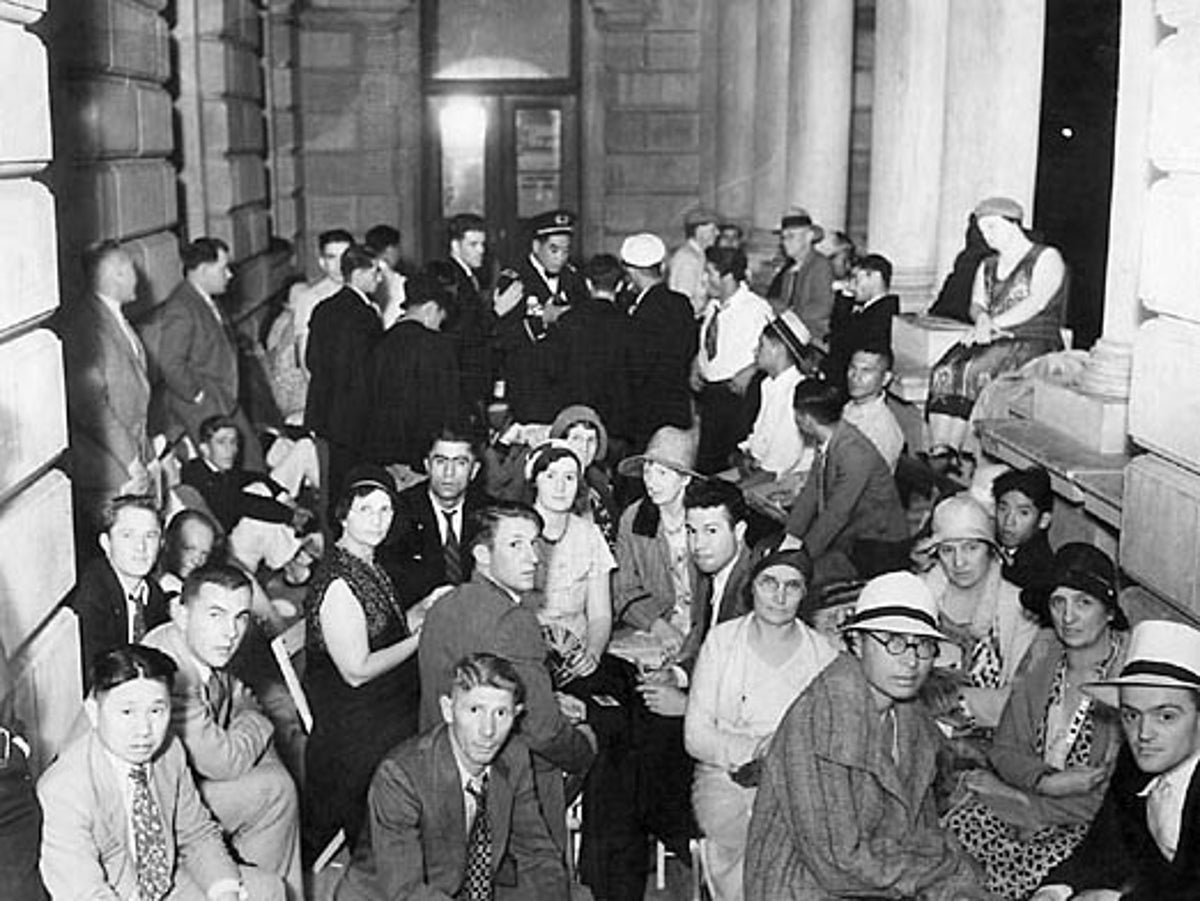The Massie Affair was a highly publicized and controversial case that took place in Hawaii in the 1930s. It centered on a young woman named Thalia Massie who accused a group of young Hawaiian men of raping her. The case became a cause célèbre and sparked a heated racial and social divide in the territory of Hawaii.
In September of 1931, Thalia Massie, the wife of a US Navy officer, claimed that she had been kidnapped and brutally raped by a group of young Hawaiian men while walking home from a party. Massie's allegations quickly gained national attention and sparked outrage among many white Americans, who saw the case as an example of the perceived lawlessness and lack of civilization among the native Hawaiian population.
As the investigation into the alleged rape proceeded, the case became highly politicized and polarizing. Many white residents of Hawaii, including members of the territorial government, called for swift and severe punishment for the alleged perpetrators. The accused men, all of whom were Hawaiian or part-Hawaiian, maintained their innocence and claimed that Massie had fabricated the rape story.
As the case went to trial, it became clear that there was a lack of concrete evidence linking the accused men to the crime. Despite this, a jury convicted one of the men, Joe Kahahawai, of the rape. However, the conviction was later overturned on appeal.
The Massie Affair sparked outrage and protests on both sides of the issue. Many white residents of Hawaii demanded that the accused men be punished to the full extent of the law, while native Hawaiians and their allies called for justice for the accused and accused Massie of lying about the rape.
The case ultimately ended in tragedy when Thalia Massie's mother, Grace Fortescue, and two accomplices kidnapped and killed Kahahawai in what they claimed was an act of vigilante justice. The three were eventually convicted of second-degree murder and sentenced to prison.
The Massie Affair had a lasting impact on the territory of Hawaii, highlighting the deep racial and social divisions that existed in the territory at the time. It also brought attention to the issue of violence against women and the importance of fair and impartial justice for all.








